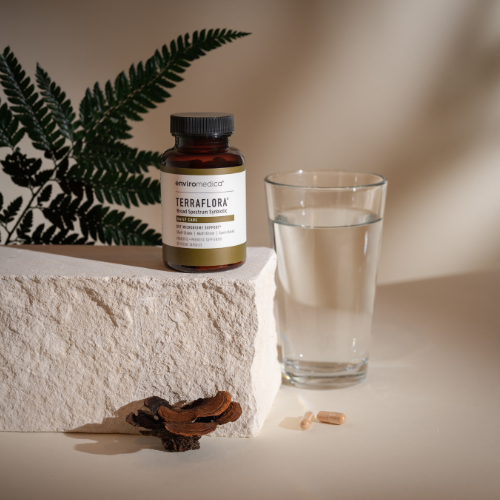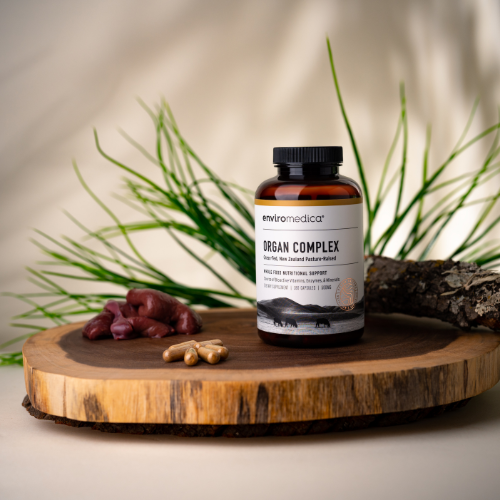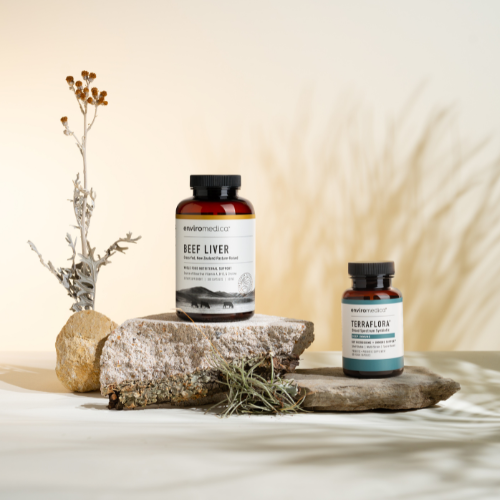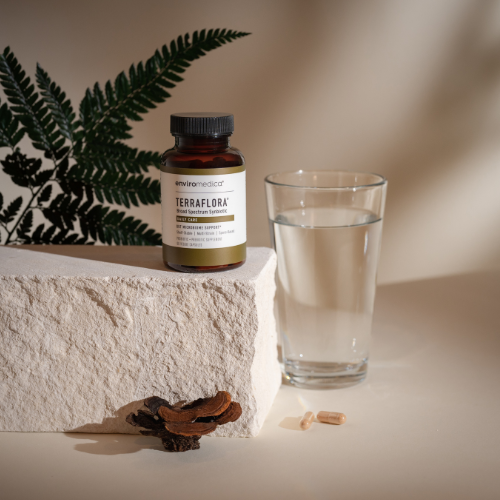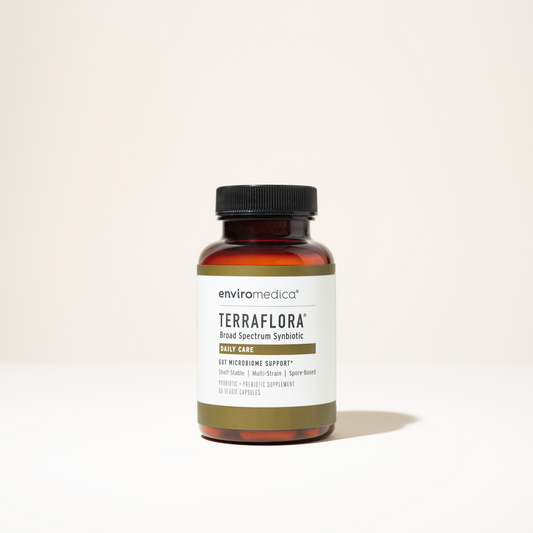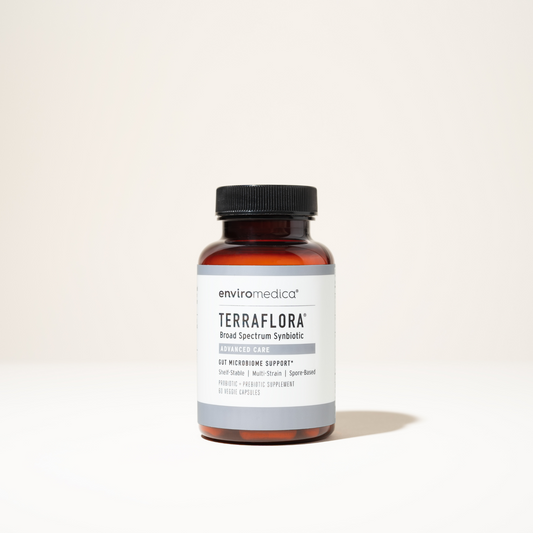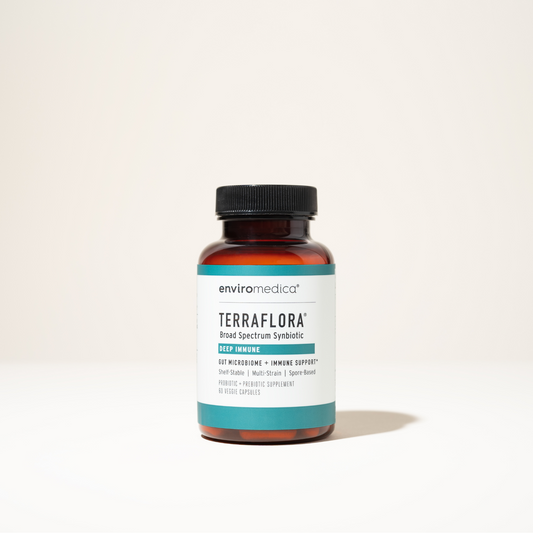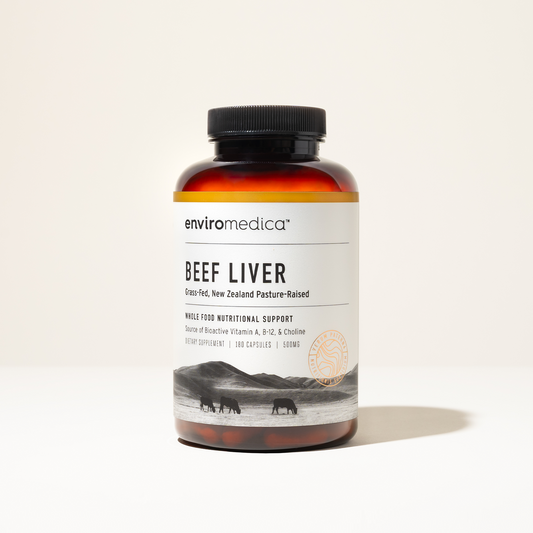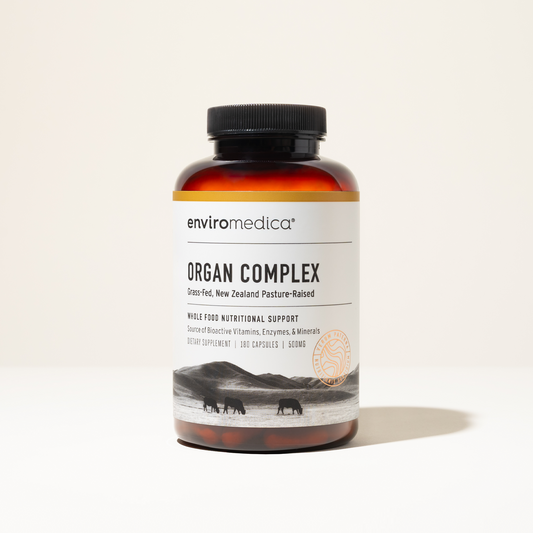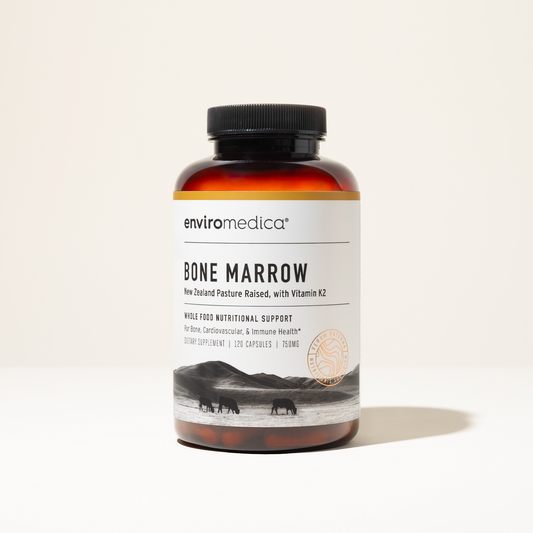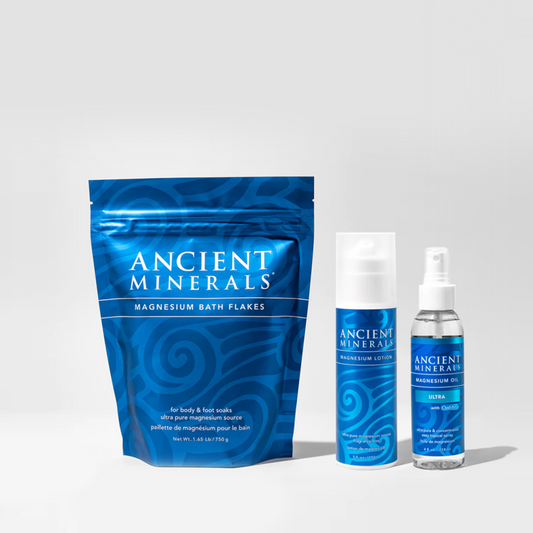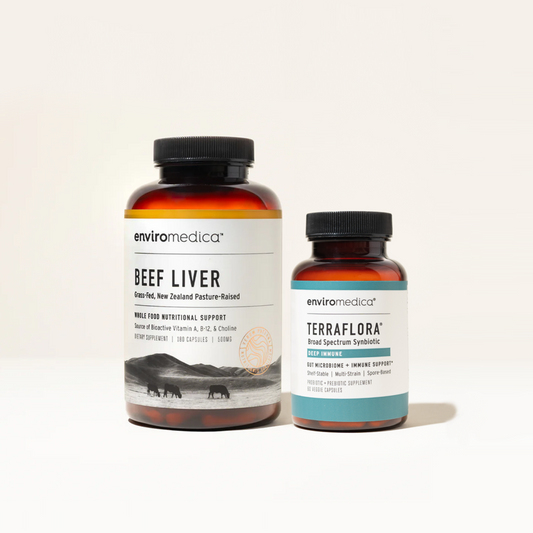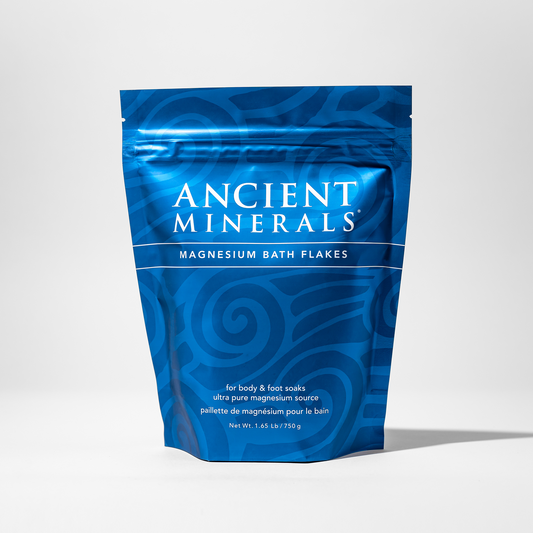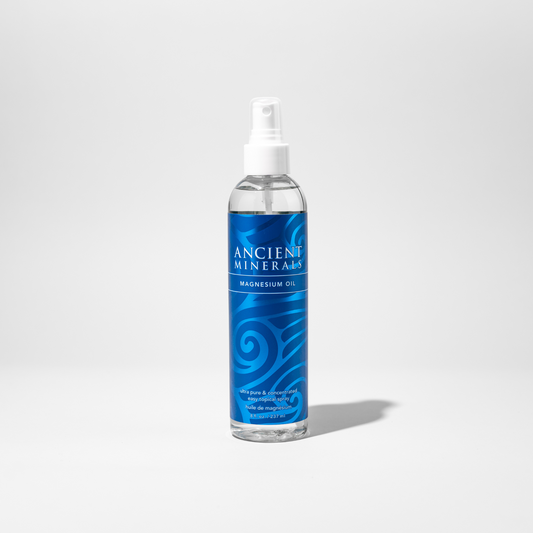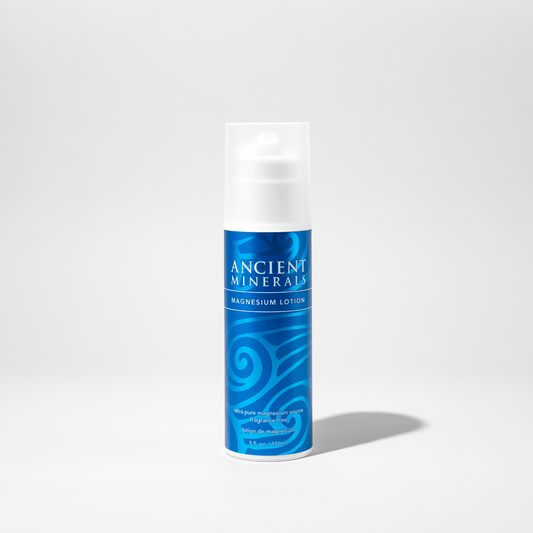Did You Know Most Probiotics Need to be Refrigerated?
Unlike supplements, most probiotics have a short shelf life and should be refrigerated to ensure their potency. Supplements contain nutrients, while probiotics contain living bacteria, the kind that is good for you and your body. This is a key factor to remember, because it is up to you to keep the bacteria in your probiotics alive, even before the expiration date found on the bottle.
How do you do that? It depends on the type of probiotic you purchase. For Lactobacillus and Bifidobacterium strains found in the most common store-bought brands, refrigeration is your only option. Because these bacteria die at room temperature, they must be refrigerated to maintain efficacy. At room temperature, the rate of loss in a typical probiotic can be as much as 10-15% per month!
Just think about this: Probiotics leave the manufacturer and travel to the store. While at the store they sit on the shelf, at room temperature, before being purchased and then brought to your home. During this entire transition, the Lactobacillus or Bifidobacterium strains within are actively dying. This is also true for many other strains, including yeast strains, found in most probiotics.
In order to prevent probiotics from becoming completely ineffective, manufacturers pump billions and billions of bacteria into their probiotic supplements so that enough of them will survive. This number is taken into account when establishing the expiration date for a probiotic, but of course it’s difficult for a manufacturer to estimate how many CFUs (colony forming units) will actually be viable once you use the product. Much of this depends on how the product is stored – whether it is shipped, displayed, and stored (by you) cooled and refrigerated.
The one exception to this is a new class of probiotics known as soil-based probiotics, which are naturally resistant, shelf stable probiotics to heat, and safe at room temperature.
What can you do to ensure that valuable organisms within your probiotic are available when you need them?
Read our article on when and why you’ll need to refrigerate probiotics, and how to choose the best soil-based probiotic supplement.
About the Author:
Kathryn is a functional nutritional therapist, author, editor, and mama of two boys. She enjoys spending her free time out in nature-hiking and fishing. You can find her at www.primalmusings.com and her book “Forties on Fire” can be found on Amazon.
